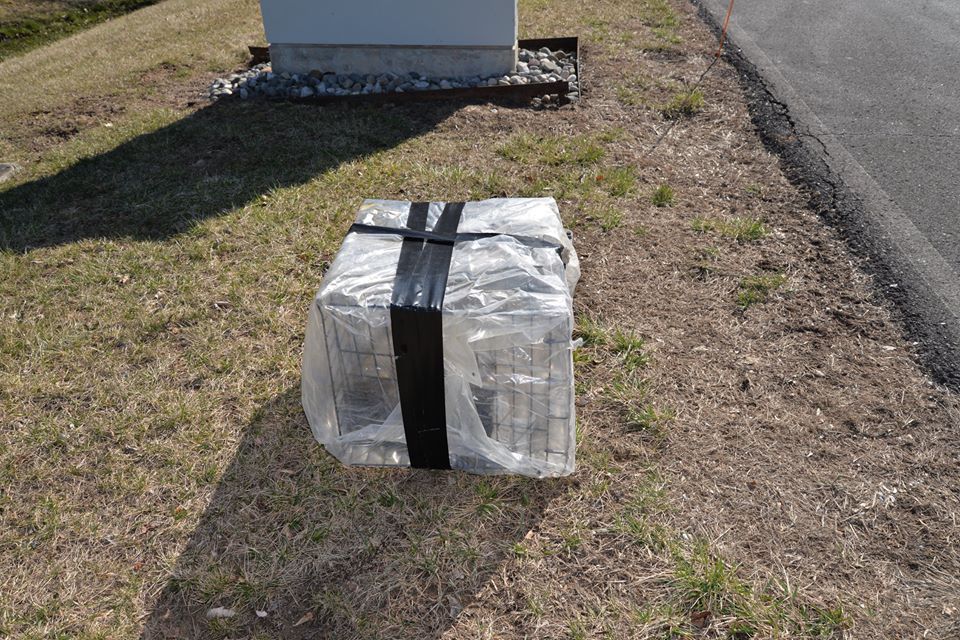Two men from Williams Lake, B.C. have been fined more than $9,000 for snowmobiling in an area closed to protect mountain caribou in what officials are calling a precedent-setting case.
The B.C. Conservation Officer Service said the fines are the largest ever imposed by a provincial court connected to a caribou habitat closure.
The charges date back to March, 2019 when conservation officers and RCMP performed a joint helicopter patrol of a closure area east of Williams Lake.
“Two snowmobilers were seen operating within the Grain Creek snowmobile closure near Quesnel Lake,” the province explained in a statement Thursday. “The two operators went to significant efforts to evade all attempts by officers to make contact but were eventually arrested near Caribou Lake.”
Snowmobile closures are in place over more than one million hectares across the province to help boost the population of the endangered species.
“Recreational snowmobiling in illegal areas can displace mountain caribou from high-quality winter habitat,” the conservation service explained.
One man was found guilty of operating a snowmobile in a closed area, obstructing a conservation officer and operating a snowmobile in a reckless manner and fined $5,050.
The other man was fined $4,000. He was convicted of operating a snowmobile in a closed area.
The bulk of the money — $8,700 — will go to the Habitat Conservation Trust Foundation.
Snowmobiling in an area closed to protect mountain caribou could cost you, as 2 Williams Lake men found out the hard way – to the tune of $9,050. It’s a precedent-setting case for the Conservation Officer Service. More here: https://t.co/of4cKWQvXZ #BCCOS #WilliamsLake pic.twitter.com/l3sfcABwOl
— BC CO Service (@_BCCOS) December 17, 2020
Officials called the fines “significant,” which they hope will deter other snowmobilers from breaking the law.
Snowmobile closure patrols will continue throughout this winter.
Two Williams Lake men have been fined $9, 050 in connection with snowmobiling in areas closed to protect mountain…
Posted by Conservation Officer Service on Thursday, December 17, 2020




